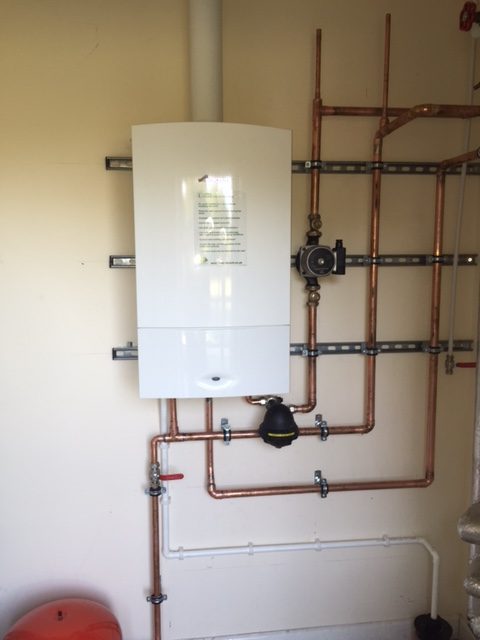While it was common practice to position the boiler in the loft, this is not always a good option, especially for a combination, or combi, boiler. This is because these do not require a water storage tank or a hot water cylinder, which are necessary for conventional and system boilers. So what are the disadvantages of positioning a combi boiler in the loft? Well here at Charter Heating, we are leading boiler, heating and gas experts. As a result, we have produced this guide to everything you should know about combi boilers in the loft.
What are the disadvantages of positioning a combi boiler in the loft?
There are a couple of drawbacks to installing a combi boiler in the loft. These include:
- Potential water damage- if your boiler leaks or has an issue while you are out at work, or even away on holiday, you could find water damage through the first and ground floor of your property. This can be very expensive to address and resolve. In contrast, a boiler in a downstairs space, or at ground level, would cause less damage to your possessions.
- Difficult to check- boiler maintenance, and checking in on your boiler periodically is important. The consumer panel will usually indicate any faults or issues before they become a bigger problem. But if you don’t often use the loft, and you don’t check on your boiler, you will miss these early warning signs. This could result in a full boiler breakdown.
- Cleanliness- your boiler also needs to be kept clear and clean of all debris and dust. This is because the dust can cause problems with the internal systems within your boiler, resulting in expensive boiler breakdowns. The loft is much more likely to be dustier and less well maintained than rooms on the ground floor of your home.
For more information or advice, get in touch with the team today, here at Charter Heating.

